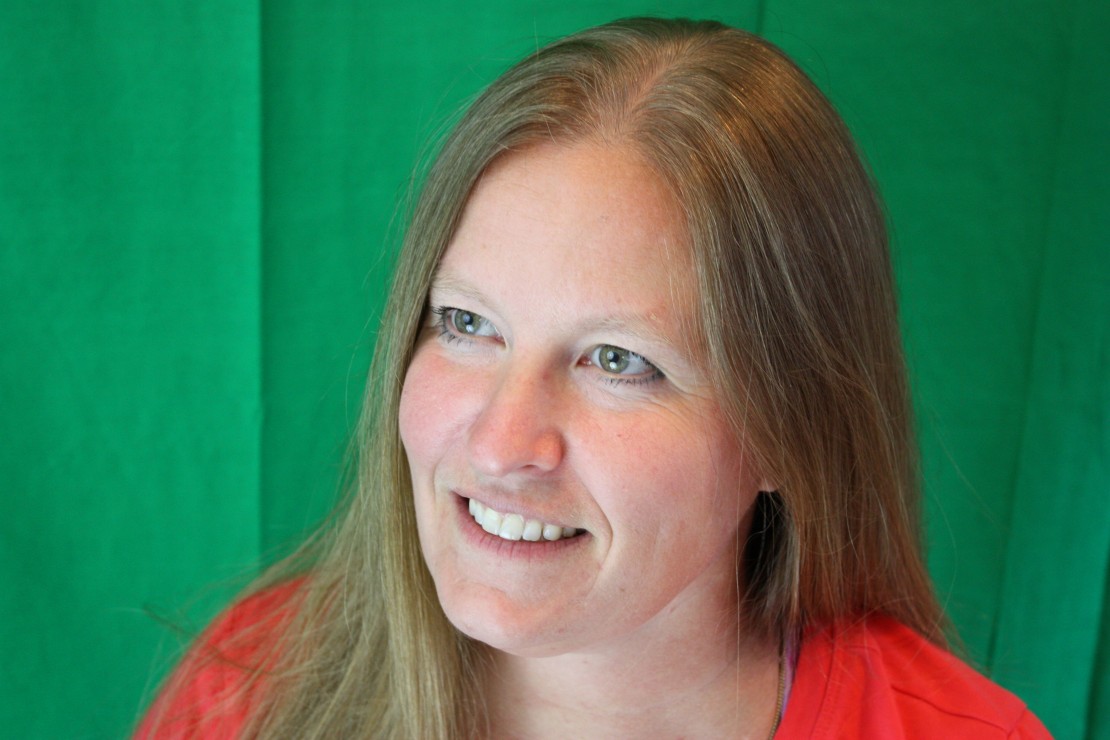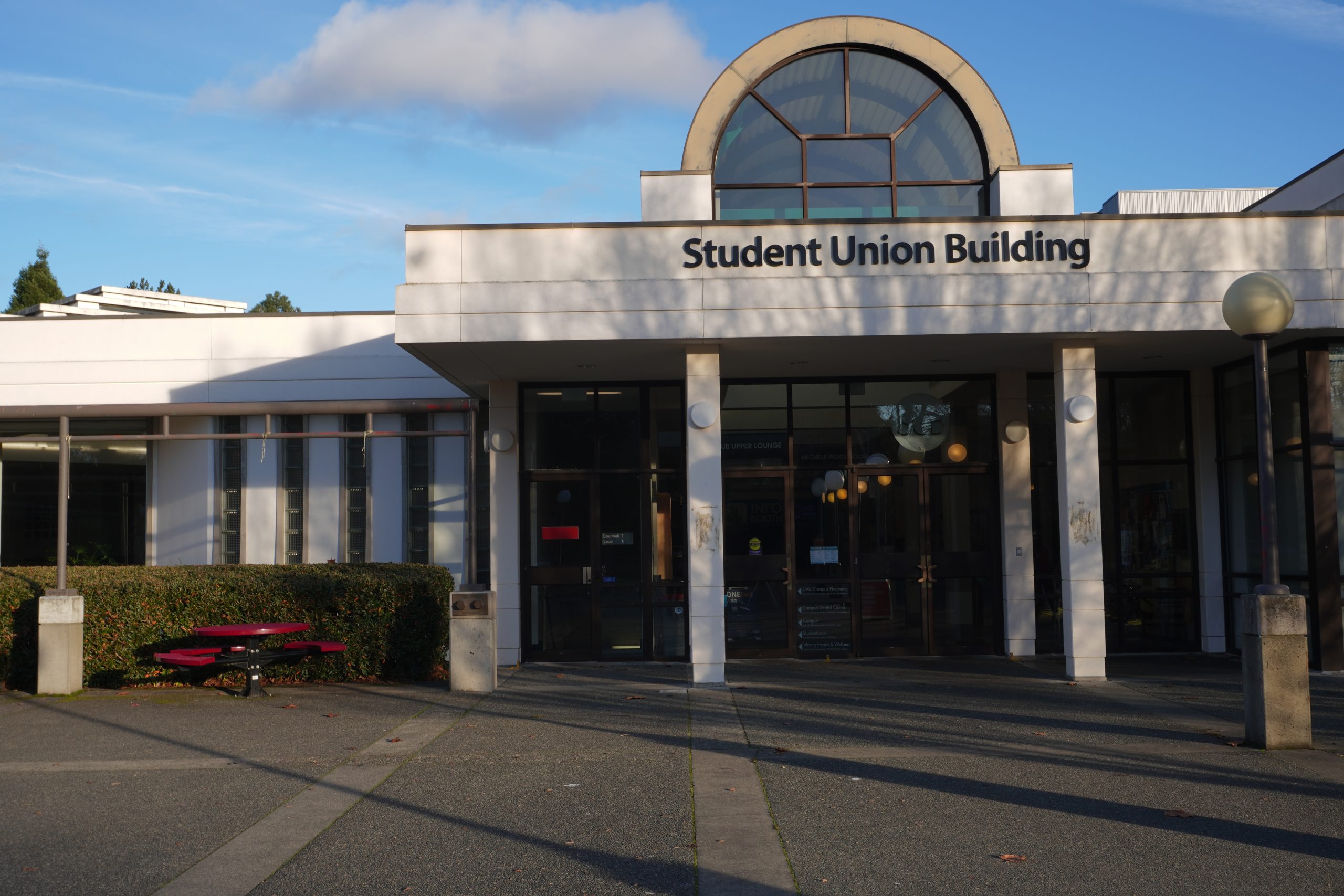
Jennifer Manuel is encouraging Canadians to read the Truth and Reconciliation Commission summary report. Photo by Nick Caumanns
One year ago, the Truth and Reconciliation Commission of Canada (TRC) released its summary report outlining the steps needed for Canada to properly reconcile with First Nations peoples.
But in the time since, how many Canadians have actually read it? B.C. author Jennifer Manuel challenged Canadians to do just that this summer by starting the TRC Reading Challenge.
Manuel’s goal was to collect 1 000 pledges to read the report by June 21st — National Aboriginal Day. However, she will be joined by over 3 600 readers, and the number continues to rise.
Once they have taken the pledge, readers can challenge their friends, families, and coworkers to do the same by email, Facebook, Twitter, or in person. They can then use the reading challenge website to generate a reader page to keep track of their progress.
The first volume of the report is 400 pages long — the size of a novel, says Manuel. Reading it is not a race, but a commitment to bettering the relationships between Indigenous and non-Indigenous people in Canada.
“It’s crucial that we improve the relations between Aboriginal and non-Aboriginal people in our country,” Manuel says. “And the only way that’s going to happen is through an open, mutual, respectful dialogue in our public discourse. And I don’t think anybody has the right to participate in that dialogue if they haven’t first listened to the truths that First Nations people have expressed, which are contained in the TRC report.”
Manuel hopes that by reading the report, Canadians will find not only an increased understanding of Canadians’ shared history and the experiences of Indigenous people, but also that they are able to engage in dialogues respectfully and ask important questions about what they’ve read.
“I think reading the report is an act of listening, and I think it’s really important that we listen deeply,” she explains. “By listening deeply, I mean that you listen with an attitude of being open to being changed by what you hear.”
While the official start to Manuel’s challenge was June 21st — National Aboriginal Day — Manuel is still encouraging as many readers to join as possible.
“I’m going to leave it open, and my idea is that I’ll probably do another pledge drive each year,” she says.
The reading challenge complements her debut novel, The Heaviness of Things That Float, which came out earlier this year.
“My book addresses truth and reconciliation, but the underlying message of my novel is decolonization,” Manuel says. “I believe that we all have a moral obligation to take part in a decolonization process, and by that I mean improving relations between Aboriginal and non-Aboriginal people . . . and [looking] at the ways the legacy of colonialism is embedded in each of us individually.”
The novel blossomed from Manuel’s experiences working with various Indigenous communities in B.C. as a treaty archivist and school teacher.
“The character’s struggles are the same as the struggles I faced — the awkwardness of your privilege and your advantages in society being so clearly obvious when you’re working on a reserve,” she says.
“To me, as a non-First Nations person who’s worked for a long time with First Nations people, and as a writer, I saw a void in our Canadian literature, she added. “I can’t think of a book that so explicitly addresses this imbalance that occurs when non-First Nations people — usually social workers, teachers, nurses, policemen — go to work in these very small First Nations communities.”
In writing her novel, Manuel admits that she had not read the entire TRC report.
“I had only read snippets of it,” she says. “I’ve read the parts on reconciliation and calls to action, but I hadn’t read the whole thing . . . So I’m actually participating in the challenge also.”
“When you publish a novel, you’re expected to promote it,” Manuel says. “But I felt uneasy promoting my novel first and foremost, as a thing I wanted people to read without first saying ‘you should read the actual TRC report first’, so that’s how that arose out of the novel’s publication.”
If given the choice, Manuel hopes readers engage with the TRC report prior to diving into The Heaviness of Things That Float.
“I would prefer people to read the TRC report first, because I think ultimately, it’s more important. If I had a choice, it’s more important for people to read that than to read my novel.”
Those interested can take the pledge at trcreadingchallenge.com and buy Manuel’s novel, The Heaviness of Things That Float, from Chapters, Amazon, and local bookstores.






